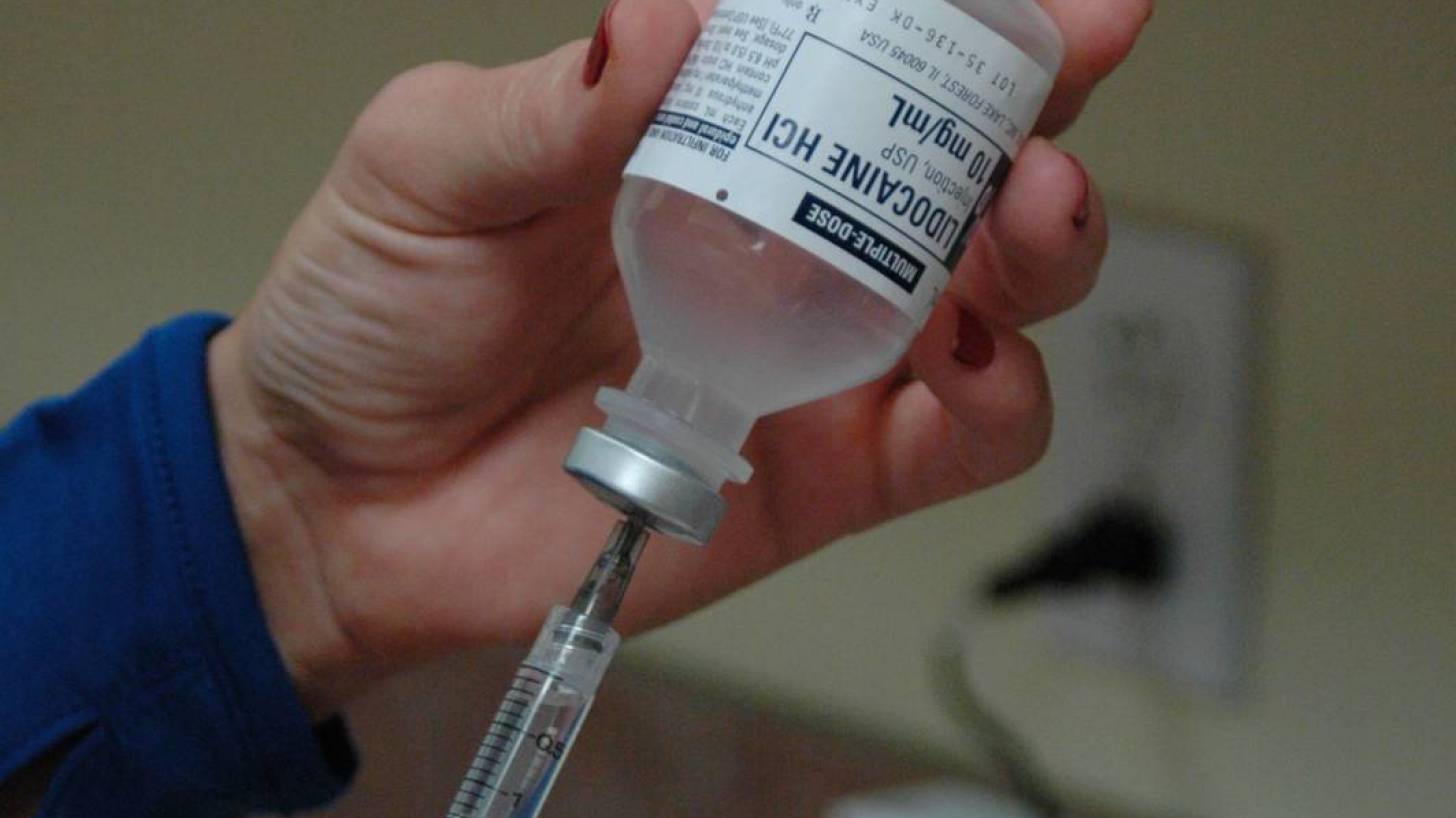No Gloves Needed For Most Vaccinations

According to the Centers for Disease Control and Prevention (CDC) Best Practices Guidance, wearing gloves is not required for healthcare workers and pharmacists when administering vaccinations.
Additionally, the Occupational Safety and Health Administration (OSHA) regulations do not require the wearing of gloves when administering vaccinations either.
But, OSHA says that if the person administering vaccines is likely to come into contact with potentially infectious body fluids or has an open lesion on their hand then gloves should be worn.
And, if a healthcare provider chooses to wear gloves, the administrator is still required to wash his or her hands between injections to remove any germs that may have transferred from the gloves to their hands.
And many times, the only benefit to wearing gloves during vaccine administration is for protection for the administrator, not the patient.
So, if gloves aren’t required, what is required?
During July 2018, the CDC updated its vaccination guidelines saying, “Persons administering vaccinations should follow appropriate precautions to minimize risk for disease exposure and spread."
Regardless of whether gloves are worn or not worn, CDC guidelines state that "Hands should be cleansed with an alcohol-based waterless antiseptic hand rub or washed with soap and water before preparing vaccines for administration and between each patient contact.
Dr. Mark Comfort, Pharm.D. at H-E-B Pharmacy in Austin states "I choose to use gloves because it conveys a sanitary and professional image to my patients."
Dr. Comfort also added, "and I always make sure to use latex-free gloves and change gloves between each patient."
Additionally, a common question is ‘should eyewear be worn when administering vaccines for hepatitis to avoid potential blood spatter?
According to Immuinize.org, the answer is no.
Neither the CDC or OSHA specifically recommend eye protection when administering vaccines.
"Using the proper vaccine delivery method is very important," said Lauren Ragan, PharmD, Clinical Pharmacist, Brookshire Grocery Company.
"Vaccine administration techniques are being reviewed to ensure new vaccines are delivered to each patient correctly."
"It is important to note that various employers, such as hospitals and pharmacies, have their own set of best practice guidelines they want their teams to follow when administering vaccines," said Ragan.
Our Trust Standards: Medical Advisory Committee

